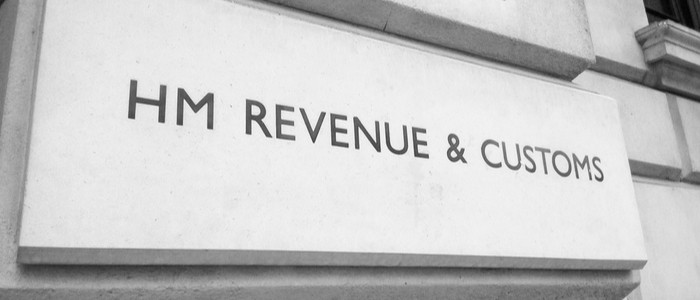Previously called Entrepreneurs’ Relief, the type of CGT (Capital Gains Tax) relief now known as BADR (Business Asset Disposal Relief) is only available for trading companies and groups that carry out primarily trading activities.
Gains from the disposal of company shares may be eligible for a reduced CGT rate of 10%, but only if the activities of the trading company ‘do not include, to a substantial extent, activities other than trading’ – but what qualifies as ‘substantial’?
Those concerned about qualifying for Business Asset Disposal Relief and claiming CGT reductions will be interested to know that the definition of ‘substantial non-trading’ has recently changed.
Upper Tribunal overrules HMRC in Assem Allam case
For a long time, the government’s Capital Gains Manual
has held that the qualifying amount of ‘substantial non-trading’ is 20% of the company’s total activities. However, in the recent case Assem Allam vs. HMRC [2021] UKUT 0291, the Upper Tribunal (UT) did not agree with HMRC’s guidance.
The long-standing guidance took a quantitative view to the eligibility assessment, suggesting that the company’s income, asset value, and expenditure be taken into account. In the 2021 case mentioned, the Upper Tribunal found that HMRC offers no reliable test to produce a specific numeric answer.
According to the Upper Tribunal, which dictates the enforceability of legislation, without a legal 20% test to determine substantial non-trading activity, the existing tests are ‘holistic’ – e.g. they require consideration of the company and its activities as a whole, and HMRC’s list of factors isn’t exclusive.
HMRC updates guidance on non-trading activities
Following the Upper Tribunal’s decision on the Assem Allam case, HMRC has since updated the BADR guidance in the Capital Gains Manual. The suggestion of trading vs non-trading being 80% vs 20% of company activities as the threshold remains, but there is now less emphasis on proving this.
HMRC has made its definition of ‘substantial’ slightly vague, meaning that businesses now have more leeway when it comes to claiming BADR. The manual now suggests that it’s enough for HMRC
to look at non-trading income and non-trading asset values, and if the submitted accounts do not suggest non-trading activities over 20%, they can simply approve the relief without further enquiry.
Get professional advice on business CGT relief
You can find the latest guidance from HMRC in the online manual linked above. However, there are other factors that might be relevant but aren’t mentioned in HMRC’s guidance, even after the recent revision. If you plan to claim Business Asset Disposal Relief and aren’t sure whether your non-trading activities would be classed as ‘substantial’ or not, you may need to seek expert advice.
If you’re looking for accountants in Barnsley to provide business tax consultancy services, audits or business valuations, or manage HMRC enquiries, why not get in touch with us at GBAC? Call us on 01226 298 298 or email info@gbac.co.uk to discuss your company’s trading activities and taxes.
Our accountants in Barnsley are here to help. Our accountants in Leeds and accountants in Sheffield available at your request too.
